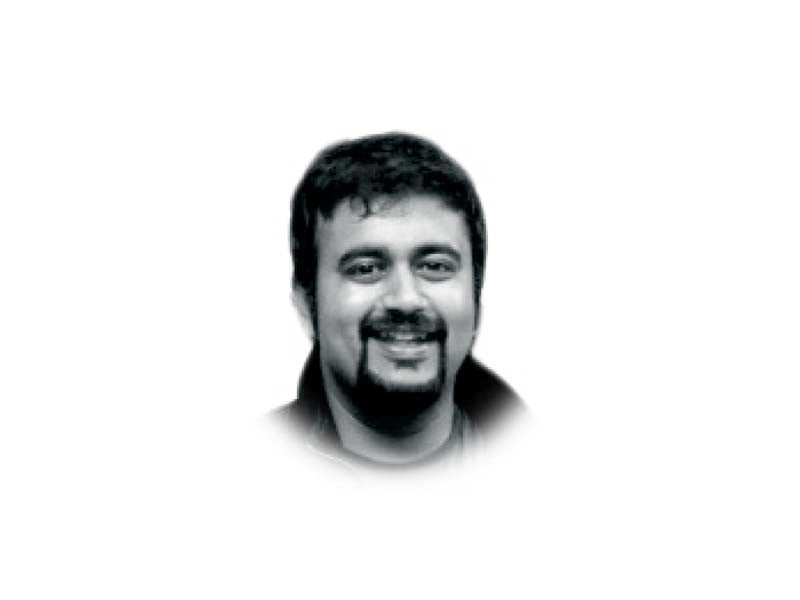
In the pursuit of genuinely representative, transparent and accountable elections, the notion of a level playing field stands as a cornerstone. In the case of Pakistani elections, the challenge of maintaining this level playing field has persisted over the years. None of the elections, held between the 1970s and today, have been free from rigging allegations, although political actors have often reached some form of consensus regarding the transfer of power.
A skewed playing field creates opportunities for state actors to maintain their hold on power, all while avoiding overt fraud or repression and thus preserving their public image while consolidating control. In today’s tumultuous political landscape, marked by significant election delays, the importance of upholding the perception of a level playing field, assured by the election management body, cannot be overstated. A recent series of events has thrown this perception into question.
Pakistan, already teetering on the brink of economic default, continues to grapple with political instability and chaos. Since 2018, the country has increasingly witnessed ongoing political turbulence, with shifts in the balance of power from civilian authorities to the security establishment, and quite recently, the latter has asserted increasing dominance, with experts suggesting a clear agenda to demonstrate their ability to manage affairs more effectively through a technocratic setup than an elected government. While this strategy may have yielded short-term economic gains, it jeopardises fundamental rights and freedoms enshrined in the Constitution, pushing the country further into turmoil — an outcome that may prove irrevocable. Past practices have led political actors to heavily depend on establishment support, turning the notion of a level playing field, fundamental to any democratic system, into a contentious issue.
This model, in place in Punjab and Khyber-Pakhtunkhwa for over a year and more recently at the Centre after the dissolution of the National Assembly, raises questions about democratic practices and norms. While the Election Commission has set election dates for late January, uncertainty lingers, as major political parties persistently express doubts about the fairness of the process. They persistently call for a level playing field, which appears selectively ensured by the Election Commission. The Chairperson of the PPP has urged the assurance of a level playing field, as the current situation seems to favour a particular political party, whose leader has returned from self-exile to contend as PM for the fourth time. Likewise, leaders of the PTI continue to face court cases and imprisonment, potentially hampering their ability to lead the party with the required vigour.
In recent times, the caretaker Chief Minister of Punjab has called for completion of development projects in Punjab, with the province preparing to present a budget of Rs2.12 trillion, including Rs1.8 trillion for non-development expenditures and Rs320 billion for the development budget for ongoing schemes, some of which were announced quite recently. This clearly violates the spirit of a caretaker setup.
While the Election Commission has been proactive in responding to election-related matters as mandated by the Constitution, its messaging may not be universally effective. Prominent political actors advocate for uniform standards, akin to those applied in Punjab, to be upheld across the country. Selective enforcement of the law, whether deliberate or an oversight, tarnishes a negative image of democracy. The Election Commission must diligently review its stance to ensure a level playing field that guarantees equal opportunities to all contesting candidates and parties, as mandated by the Constitution and the law. It must also establish a robust and transparent mechanism to oversee and take action against any illegalities or irregularities while reinforcing its mandate upon all administrative departments to adhere to the law, all while proactively monitoring their actions ahead of elections. An election outcome without acceptance by political players may further deepen the political ruckus — a situation we simply cannot afford.
Published in The Express Tribune, November 4th, 2023.
Like Opinion & Editorial on Facebook, follow @ETOpEd on Twitter to receive all updates on all our daily pieces.


1732274008-0/Ariana-Grande-and-Kristin-Chenoweth-(1)1732274008-0-165x106.webp)










COMMENTS
Comments are moderated and generally will be posted if they are on-topic and not abusive.
For more information, please see our Comments FAQ